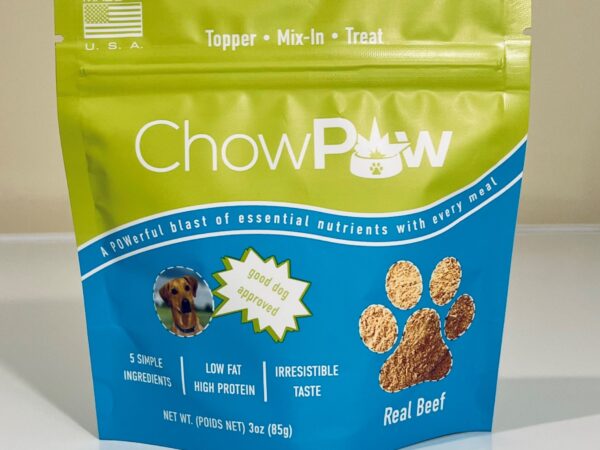
Does Your Dog Need More B12? Signs, Solutions & Food Sources
While often overlooked, vitamin B12 plays a crucial role in your dog’s health and well-being. Also known as cobalamin, this essential nutrient is vital for various bodily functions, ranging from nerve function to red blood cell production. Let’s delve into the world of B12, exploring its benefits, sources, deficiency signs, and frequently asked questions.
Why B12 is Vital for Your Dog
B12 is a water-soluble vitamin that isn’t naturally produced by your dog’s body, meaning it must be obtained through their diet or supplements. Here’s why it’s so important:
- Nervous System Health: B12 is crucial for maintaining a healthy nervous system. It helps protect nerves, aids in the transmission of nerve impulses, and supports brain function.
- Red Blood Cell Production: Cobalamin is essential for the formation of healthy red blood cells, which carry oxygen throughout the body. A deficiency can lead to anemia.
- Energy Metabolism: B12 is involved in converting food into energy, ensuring your dog has the vitality they need for daily activities.
- Digestive Health: B12 contributes to a healthy gastrointestinal tract, aiding in digestion and nutrient absorption.
Signs Your Dog May Need More B12
While B12 deficiency isn’t common in dogs on a balanced diet, certain factors can increase the risk. Watch for these signs:
- Lethargy and Weakness: Lack of energy and decreased activity levels.
- Loss of Appetite and Weight Loss: B12 deficiency can affect appetite and lead to weight loss.
- Gastrointestinal Problems: Vomiting, diarrhea, and changes in stool consistency.
- Neurological Issues: In severe cases, B12 deficiency can lead to neurological problems like incoordination and weakness.
If you notice any of these signs, consult your veterinarian. They can diagnose a deficiency through blood tests and recommend appropriate treatment.
How Much B12 Does a Dog Need?
The exact amount of B12 your dog needs depends on their age, size, and activity level. However, a general guideline for adult dogs is around 2.4 micrograms per day. Your veterinarian can provide specific recommendations for your individual dog.
Natural Sources of B12 for Dogs
B12 is primarily found in animal-based products. Here are some excellent sources to include in your dog’s diet:
- Organ Meats: Beef liver, beef heart, chicken liver, and other organ meats are particularly rich in B12.
- Fish: Salmon, tuna, and sardines are good sources.
- Eggs: Offer cooked eggs to your dog as a healthy and delicious B12 source.
- Dairy Products: Plain yogurt (unsweetened) and cottage cheese contain B12.
- Meat: Beef, lamb, and other meats also provide this essential vitamin.
B12 Supplements for Dogs
In some cases, your veterinarian may recommend B12 supplements, especially if your dog has a diagnosed deficiency or certain health conditions. Supplements can be oral, injectable, or added to your dog’s food. Always follow your veterinarian’s instructions regarding dosage and frequency.
FAQ: Your Burning Questions About B12 for Dogs
- Can dogs get too much B12? B12 is a water-soluble vitamin, meaning excess amounts are typically excreted in urine. However, it’s still best to follow recommended dosages.
- Should I give my dog a B12 supplement without consulting my vet? No, only give supplements under the guidance of your veterinarian. They can determine if your dog needs supplementation and recommend the appropriate dosage.
- Are there any risks associated with B12 deficiency? Yes, prolonged deficiency can lead to anemia, neurological issues, and digestive problems.
Key Takeaway:
B12 is a critical nutrient for your dog’s health, and ensuring they receive adequate amounts is essential. By providing a balanced diet rich in B12 sources or supplementing under veterinary guidance, you can support your furry friend’s overall well-being and vitality.






